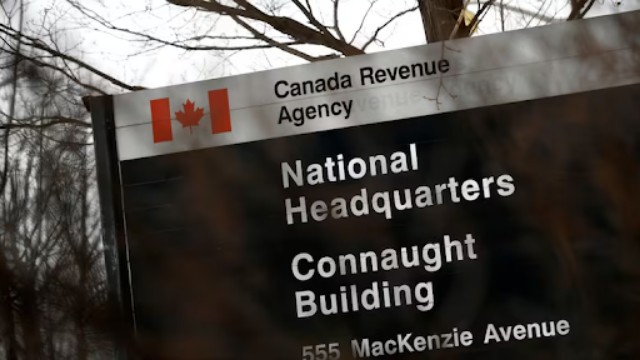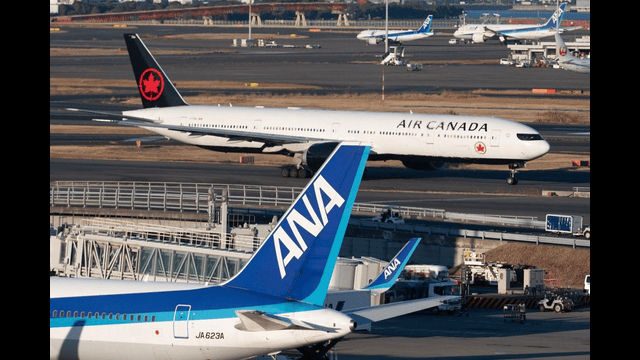
The Canada Post logo is seen outside the company's Pacific Processing Centre, in Richmond, B.C., on June 1, 2017. THE CANADIAN PRESS/Darryl Dyck
In the realm of online shopping, many Canadians encounter a familiar frustration: agreeing to a purchase at one price, only to find additional fees and surcharges inflate the cost during checkout. This practice, often referred to as "drip pricing," has become a point of contention among consumers, who feel misled by the evolving cost of their purchases.
A prominent example of drip pricing can be found when using Canada Post's shipping services. Customers are initially presented with a base shipping rate, but as they proceed to checkout, they're confronted with an additional "fuel surcharge," sometimes as high as 25%. This added fee significantly alters the final cost of shipping, leaving many feeling deceived by the initially quoted price.
However, it's not just postal services that employ drip pricing. Various sectors, including entertainment, travel, and retail, utilize this strategy, which involves gradually revealing hidden fees after customers have committed to a purchase. For instance, buying movie tickets, ordering flowers, or making travel arrangements may all come with undisclosed charges that inflate the total price.
The dissatisfaction with drip pricing has led to legal action. Multiple class-action lawsuits have been filed in British Columbia against companies suspected of employing this pricing tactic. These lawsuits aim to challenge the legality of drip pricing and hold companies accountable for their pricing practices.
One of the key figures in these legal battles is Vancouver lawyer Saro Turner, who is actively involved in several of the drip-pricing lawsuits. Turner emphasizes that companies with substantial commerce influence must present prices in a clear and meaningful manner, rather than resorting to deceptive tactics that mislead consumers.
The legal groundwork for these lawsuits was laid with changes to the federal Competition Act in June 2022. These amendments explicitly identify undisclosed fees and surcharges that render advertised prices unattainable as harmful business practices. This legislative shift empowers Canadians to take legal action against companies that engage in such practices, allowing them to seek recourse for deceptive pricing tactics.
Turner's firm is currently pursuing drip-pricing cases against various entities, including online florist Bloomex, travel site Omio, and entertainment giant Cineplex. These cases highlight the widespread prevalence of drip pricing across different industries and the growing discontent among consumers.
In addition to legal action, regulatory bodies like Canada's Competition Bureau have also taken steps to address drip pricing. Over the years, several companies have faced penalties for misleading pricing practices, with fines ranging from hundreds of thousands to millions of dollars. These actions underscore the importance of transparency and honesty in pricing, as well as the consequences for companies that engage in deceptive practices.
The pushback against drip pricing extends beyond legal and regulatory measures. Consumer awareness and advocacy play a crucial role in challenging this pricing tactic. By raising awareness about drip pricing and its impact on consumers, individuals can contribute to a broader movement aimed at promoting fair and transparent pricing practices in the marketplace.
Looking ahead, further changes to the Competition Act are anticipated, which could provide additional protections for consumers and stricter regulations for businesses. These changes aim to address issues such as market dominance abuse and misleading environmental claims, ensuring greater accountability and fairness in the marketplace.
In summary, the fight against drip pricing represents a collective effort to safeguard consumer rights and promote transparency in pricing. Through legal action, regulatory oversight, and consumer advocacy, Canadians are challenging deceptive pricing practices and advocating for a fairer marketplace for all.















